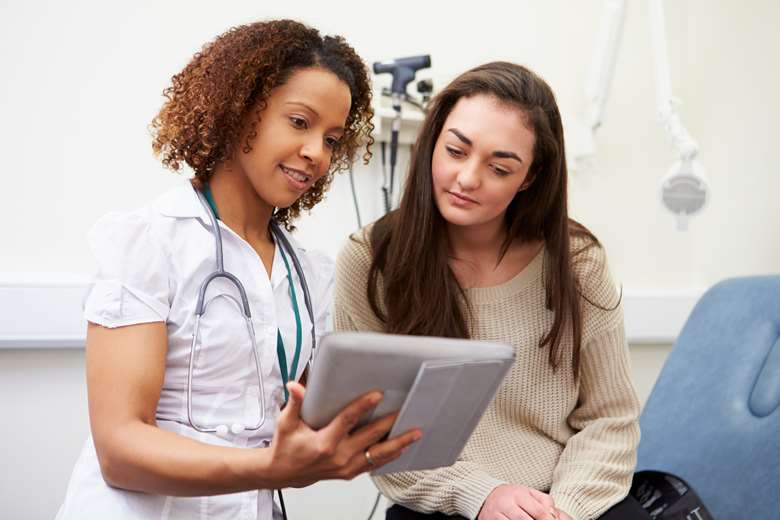Vulnerable young women more likely to experience poor healthcare, research finds
Emily Harle
Wednesday, April 26, 2023
Young women with long-term health conditions, including mental health issues and neurodivergence, are likely to face barriers when trying to access services, new research finds.

A report by the Young Women's Movement reveals that 49 per cent of women aged 16 to 30 say they are more likely to report negative experiences with healthcare access in Scotland.
Some 65 per cent of disabled people asked said that having a disability was associated with poorer access to healthcare, the report, which consulted more than 900 young women and people of marginalised genders from across Scotland, adds.
Respondents with long-term health conditions or disabilities cited a lack of consistency from medical providers, and a lack of understanding or ability to treat multiple conditions holistically.
One respondent said: “I have had appointments with various GP's who have been very unsupportive and condescending with attempting to diagnose my long-term illness. Some doctors were very quick to dismiss my pain due to my young age, and eager to treat the symptoms but not diagnose the cause.”
Young women from ethnic minorities also discussed experiences of racism or xenophobia in healthcare settings, with some describing situations where professionals made assumptions about their language or level of education.
One respondent said: “For Muslims, they can assume a lot about you. They assume you can’t speak English and it sounds so bizarre but they assume you’re stupid if your English isn’t good.”
The report also found that 40 per cent of young women described their experience of accessing healthcare as okay, with a further 25 per cent rating it as mostly bad or awful.
The Young Women’s Movement has called for improved training for medical professionals relating to young women’s healthcare, and the report adds the profession “needs to practice anti-racism, dismantle ableism and operate intersectionally to consider the experiences of all young women and people of marginalised genders.”
The Young Women’s Movement runs youth-led research programmes and campaigns to highlight and address issues impacting young women and girls in Scotland.
The charity has recently launched its Bold Girls Ken campaign, in partnership with Perth and Kinross Council, to tackle sexual abuse and improve young people’s understanding of the importance of consent.
Young women aged 16 to 19 from Perth schools and colleges have designed and launched a consent toolkit for schools, parents and carers, to help educate young people about what consent involves, and situations where a person is unable to give consent.
Aimee Wallace, a young person involved in the campaign, said: “All young people should understand what consent is and know where to go for support if it is needed. The project, for me, has been an empowering experience that has allowed me to be involved in a crucial step forward in improving the lives of young women.”
Elena Soper, national programmes manager at The Young Women’s Movement, said: “It’s important for young people to understand some of the more complex issues around consent and to know that giving consent is about actively saying yes – with both your body and your language, and that both partners should understand what they are consenting to.”




